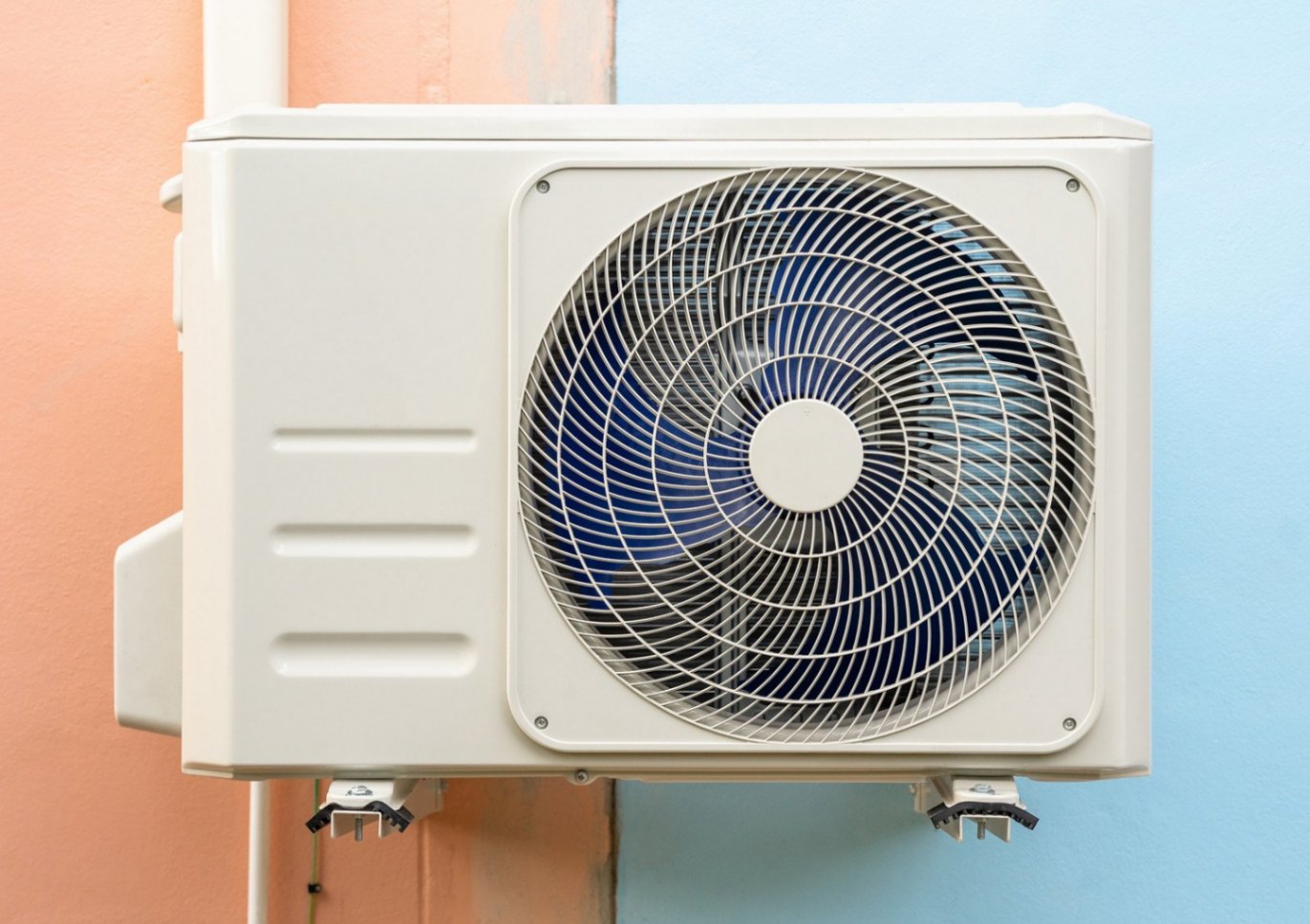Thinking about upgrading to an energy-efficient HVAC system? The upfront cost might make you hesitate, but the long-term savings and comfort could change your mind. Let’s break it down so you can see if it’s actually worth it.

Quick Summary
- Energy-efficient HVAC systems can cut energy use by around 30%, lowering your utility bills.
- They cost more upfront, but reduced energy and maintenance expenses can pay that back over time.
- Many areas offer rebates or tax credits that make these systems more affordable.
- Regular maintenance keeps them running longer and more efficiently.
- You’ll also enjoy better air quality and a smaller carbon footprint.
What Makes an HVAC System “Energy-Efficient”?
An energy-efficient HVAC system heats, cools, and circulates air while using less electricity.
How? It comes down to smarter design. Features like variable-speed motors, smart thermostats, and advanced filters adjust automatically to your home’s needs instead of running at full power all the time. Systems with variable refrigerant flow (VRF) can fine-tune heating and cooling for each area of your house, saving energy without sacrificing comfort.
A high SEER rating (Seasonal Energy Efficiency Ratio) is another sign of good performance. And yes—maintenance matters. Keeping filters clean and parts checked helps the system stay efficient for years.
Why Energy-Efficient HVAC Systems Are Worth Considering
The main draw is obvious: lower bills. But there’s more to it than that.
These systems automatically balance comfort and energy use. Smart thermostats learn your habits, adjust temperatures when you’re away, and can even be controlled from your phone. You’ll notice fewer noisy cycles and more consistent temperatures throughout your home.
Plus, cleaner filters mean cleaner air—something you’ll definitely feel if you struggle with dust or allergies. And because they use less energy, they’re easier on the planet too.
The Real Cost: Upfront vs. Long-Term Savings
Yes, the installation price can sting at first. But if you look at the full picture, it often makes sense financially.
Upfront Costs
Energy-efficient HVAC systems can cost more to install because of newer technology and sometimes extra setup work. But if you plan for it—checking rebates, tax credits, or financing options—it’s easier to manage. The key is seeing it as a long-term investment, not just an expense.
Monthly Bill Savings
Once installed, these systems start saving you money almost immediately. Many homeowners see energy use drop by about 30%, which adds up fast—especially during summer and winter peaks. Some utilities even offer rebates for using high-efficiency units.
Lower Maintenance Costs
Because these systems use smarter components and sensors, they often need fewer repairs. They can even alert you to small issues before they become big problems. Over time, that reliability saves both stress and money.
The Environmental Perks
Cutting energy waste means burning fewer fossil fuels, which lowers your carbon footprint. It’s a small change that makes a real difference.
On top of that, the improved filtration and air circulation remove more pollutants from the air inside your home. So, you’re not just helping the planet—you’re also breathing cleaner air every day.
What to Think About Before You Buy
Before committing, look at three main things: cost, savings, and environmental impact.
Cost Breakdown
Check equipment prices, installation fees, and whether your home might need duct or wiring upgrades. Don’t forget to ask about rebates or tax incentives—they can take a big chunk off the total.
Savings Over Time
Energy-efficient systems usually pay for themselves within a few years thanks to lower energy use and fewer repairs. Your local energy rates and how often you run your HVAC will affect that timeline.
Environmental Impact
Using less energy means fewer emissions. If you add renewable power, like solar panels, you’ll save even more. Some HVAC systems are also built with recyclable parts, which helps reduce waste.
Comparing Different HVAC Options
Not all systems work the same way, so here’s a quick rundown:
- Geothermal systems: Super-efficient if your area supports them.
- Heat pumps: Great for mild climates.
- Solar-assisted systems: Cut energy use by using the sun’s power.
- Variable refrigerant flow (VRF): Ideal for larger homes needing zone control.
- Ductless mini-splits: Perfect for older homes without ductwork.
- Hybrid systems: Use both electricity and gas for better flexibility.
- Smart thermostats: Help fine-tune energy use based on your routine.
Getting a professional energy audit helps you figure out which system fits your space and budget best.
Keeping Your HVAC Running Longer
Routine care makes a big difference. Have a technician inspect your system once or twice a year. They’ll check filters, refrigerant levels, and electrical connections. Skipping maintenance usually means higher bills and a shorter system lifespan—two things no one wants.
Real Stories: Do These Systems Actually Work?
Plenty of homeowners say yes. One family saw their monthly power bill drop by nearly 30% after replacing an old unit. Another said their home finally stayed evenly warm during winter without spikes in cost.
Commercial buildings see similar results too—especially when replacing outdated duct systems or adding smart controls.
Common Questions
Do these systems really need more maintenance?
Not really. They just need regular checkups, like any HVAC. The difference is they often tell you when something’s off.
Can they improve indoor air quality?
Definitely. Better filters and air circulation mean fewer allergens and pollutants.
Can I install one in an older home?
Yes, though you might need adjustments to the ductwork or space layout. A good installer will figure that out for you.
What certifications should I look for?
ENERGY STAR and AHRI-certified systems meet strict efficiency standards and usually qualify for rebates.
How do I know what size system I need?
A professional will measure your home’s square footage, insulation, and climate to find the right size. Going too big or too small can hurt efficiency.
Final Thoughts
Energy-efficient HVAC systems aren’t cheap upfront, but they’re one of those upgrades that pay off year after year. You’ll save money, breathe cleaner air, and use less energy—all while keeping your home comfortable.
If you’re planning to stay in your home for a while, the investment’s usually worth it. Just make sure you pick the right system, keep it maintained, and take advantage of rebates when you can.

